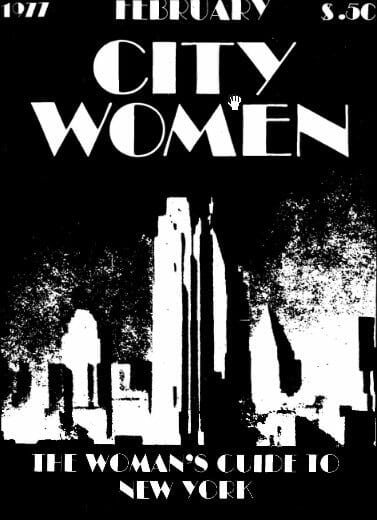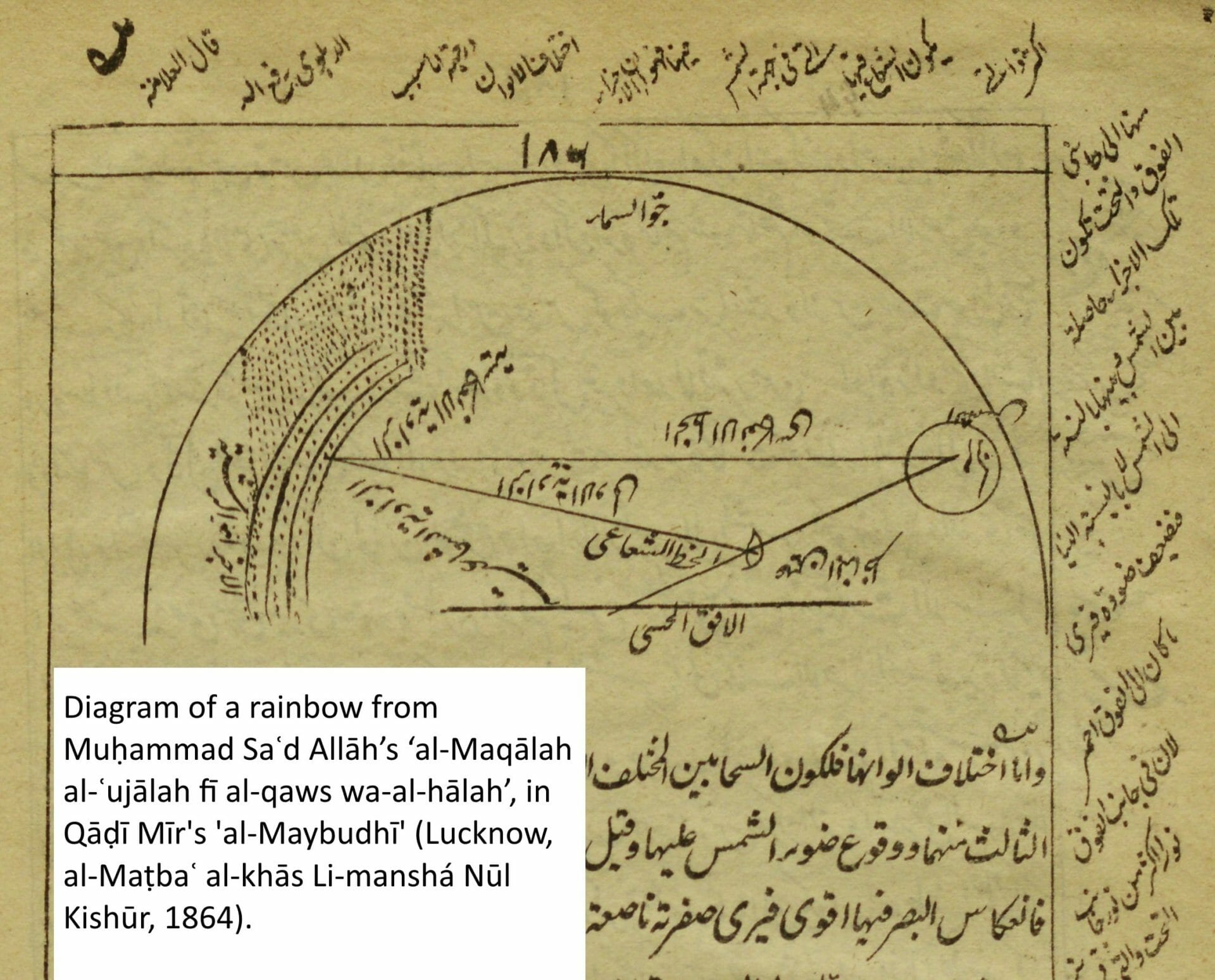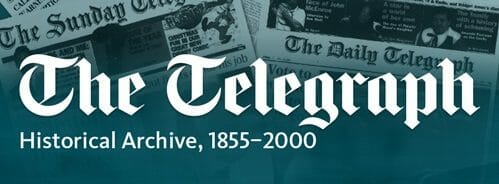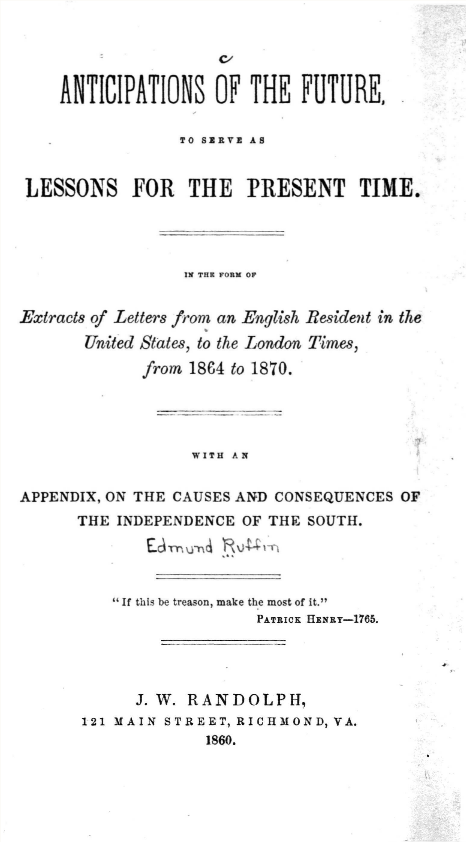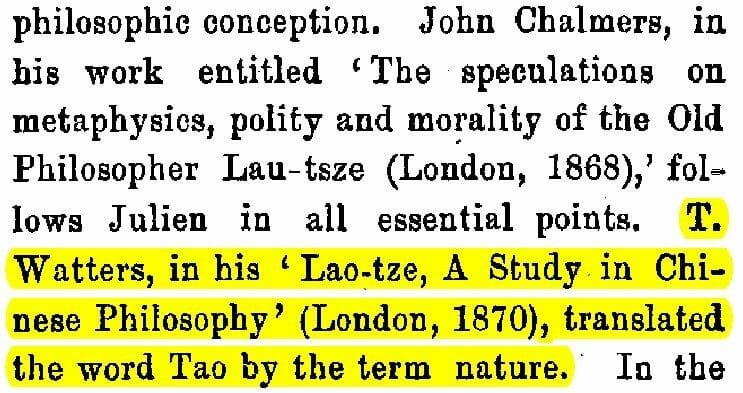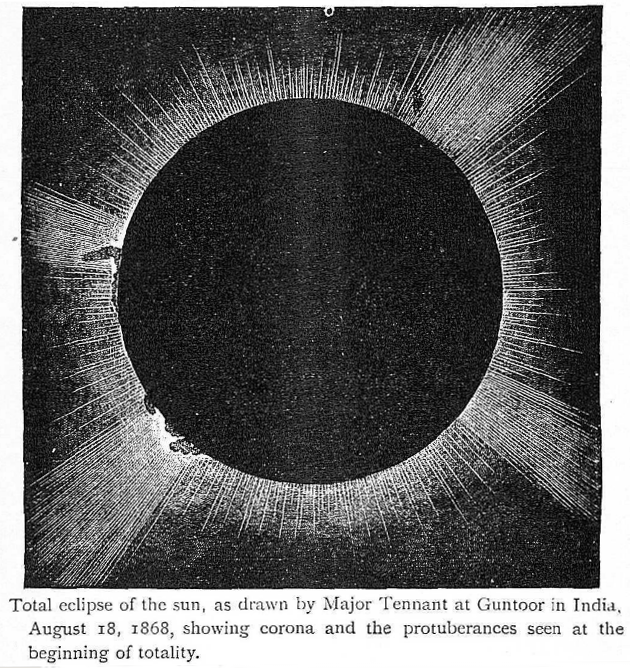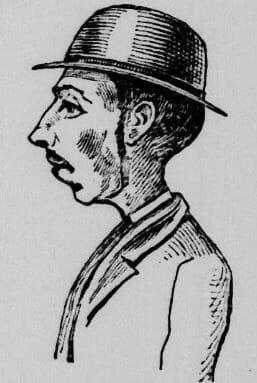Early Arabic Printed Books from the British Library continues to grow this week as we launch the next module, Sciences, History and Geography. As Editor, this module has been a particular joy to work on because of the breadth and depth of subject matter, covering everything from Alchemy to Zoology, and containing some of the very earliest printed works in Europe. Indeed, the presence of these early European printings in this module indicates the exchange of ideas between the Islamic and European worlds, and I thought I’d look to see if I could trace this exchange using the content in Sciences, History and Geography.
Peaceful and Quiet Conduct on the Streets of the Village: New York City in the Years following Stonewall
By Caitlyn Colman-McGaw It’s now widely acknowledged that the Stonewall Riots of 1969 represent the historical tipping point of the Gay Rights movement. Years and years of work by LGBT folks in New York City and beyond culminated in riots on the street of the Village. With this year representing the 45th anniversary of Stonewall … Read more

